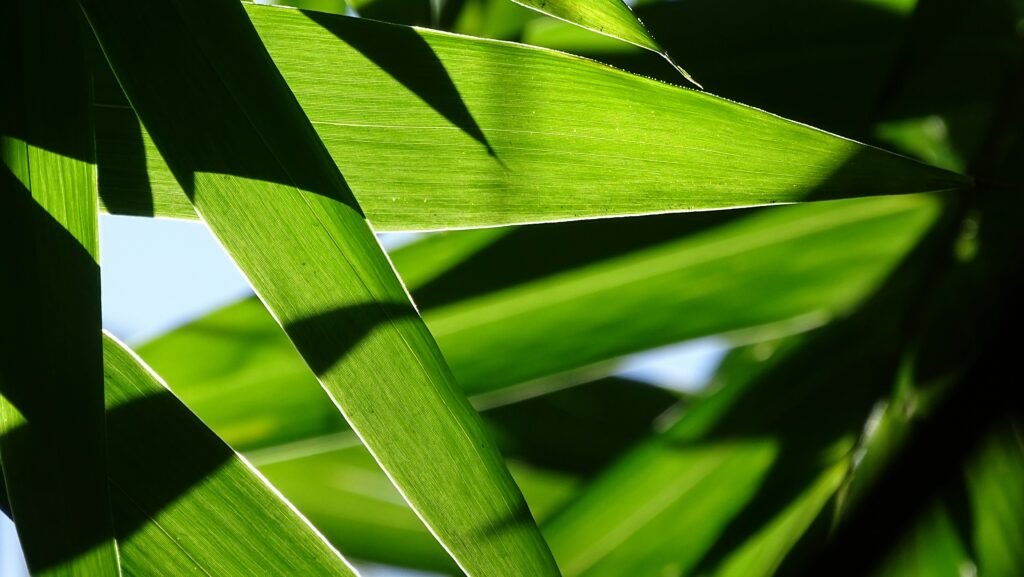Welcome to an article on promoting eco-friendly methods in plastic storage production. In today’s world, sustainability is more important than ever, and plastic storage production is no exception. By implementing eco-friendly practices, such as using recycled materials or reducing plastic waste, manufacturers can make a positive impact on the environment. In this article, you will learn about some of the ways in which companies are promoting sustainability in plastic storage production, and how you can support these efforts in your own purchasing decisions. Let’s work together to create a more sustainable future!
Promoting Eco-friendly Methods in Plastic Storage Production
Have you ever wondered about the environmental impact of the plastic storage containers that are so ubiquitous in our lives? From food containers to storage bins, plastic plays a significant role in our daily routines. But, are there more sustainable options out there? In this article, we will explore eco-friendly methods in plastic storage production and how you can make a difference.

This image is property of images.unsplash.com.
Understanding the Environmental Impact of Traditional Plastic Production
You may not give it much thought as you grab a plastic container to store leftovers in the fridge or pack your lunch in a plastic bag. But, the truth is, traditional plastic production has a significant environmental impact. Most plastics are derived from fossil fuels, contributing to greenhouse gas emissions and the depletion of natural resources.
Despite recycling efforts, only a small percentage of plastic actually gets recycled, with a significant amount ending up in landfills or oceans, where they can take hundreds of years to break down. This accumulation of plastic waste poses a threat to wildlife and ecosystems, making it imperative to find more sustainable alternatives.
The Downside of Traditional Plastic Storage Containers
When it comes to plastic storage containers, convenience often overshadows environmental concerns. Most traditional plastic storage containers are made from polyethylene (PET) or polypropylene (PP), both of which are derived from non-renewable resources and often end up as waste after a single-use.
These plastic containers can leach harmful chemicals into food and beverages, especially when exposed to heat or acidic substances. Additionally, their production process generates greenhouse gas emissions and contributes to plastic pollution. So, while they may seem convenient, the environmental cost of traditional plastic storage containers is significant.
Eco-friendly Alternatives in Plastic Storage Production
The good news is that there are eco-friendly alternatives to traditional plastic storage containers. Manufacturers are increasingly turning to sustainable materials and production methods to reduce the environmental impact of their products. By choosing these eco-friendly options, you can contribute to a more sustainable future.
Biodegradable Plastic Storage Containers
One alternative to traditional plastic storage containers is biodegradable plastics. These plastics are made from renewable resources such as cornstarch or sugarcane, which are biodegradable and compostable. Unlike traditional plastics, biodegradable plastics break down into natural components when exposed to the right conditions, reducing the overall environmental impact.
Biodegradable plastic storage containers are a great option for those looking to reduce their carbon footprint and minimize plastic waste. They offer the same convenience as traditional plastic containers but with the added benefit of being environmentally friendly. Next time you’re shopping for storage solutions, consider opting for biodegradable options.
Recycled Plastic Storage Containers
Another eco-friendly option in plastic storage production is containers made from recycled plastics. These containers are made from post-consumer recycled plastic, which helps reduce the demand for virgin plastic materials. By choosing products made from recycled plastics, you are supporting the circular economy and reducing the need for new plastic production.
Recycled plastic storage containers are just as durable and practical as their traditional counterparts, but with a smaller environmental footprint. They come in a variety of shapes, sizes, and colors, making it easy to find the right storage solution for your needs. Make a conscious choice to support sustainability by opting for recycled plastic storage containers.

This image is property of images.unsplash.com.
Sustainable Practices in Plastic Storage Production
Beyond using eco-friendly materials, manufacturers are also adopting sustainable practices in plastic storage production to further reduce their environmental impact. These practices focus on minimizing waste, energy consumption, and emissions throughout the production process.
Energy-efficient Manufacturing
One key sustainable practice in plastic storage production is energy-efficient manufacturing. By optimizing production processes and using energy-saving technologies, manufacturers can reduce their energy consumption and carbon footprint. This not only benefits the environment but also helps reduce operational costs for the company.
From using energy-efficient machinery to implementing lighting controls and insulation measures, manufacturers are finding innovative ways to reduce their energy usage. By choosing products from manufacturers committed to energy-efficient manufacturing, you are supporting a more sustainable industry.
Waste Reduction and Recycling Programs
Another important aspect of sustainable plastic storage production is waste reduction and recycling programs. Manufacturers are implementing initiatives to minimize waste generation and increase recycling rates within their facilities. By reusing scrap materials and recycling production waste, manufacturers can divert a significant amount of waste from landfills.
Additionally, many manufacturers offer take-back programs for their products, allowing customers to return used containers for recycling or repurposing. This closed-loop approach to waste management helps reduce the overall environmental impact of plastic storage production. When shopping for plastic storage containers, look for products from manufacturers with robust waste reduction and recycling programs.
Use of Renewable Energy Sources
To further reduce their carbon footprint, some manufacturers are turning to renewable energy sources to power their production facilities. Solar, wind, and hydropower are just a few examples of clean energy sources that can be used to reduce reliance on fossil fuels. By using renewable energy, manufacturers can significantly reduce their greenhouse gas emissions and contribute to a more sustainable future.
Supporting manufacturers that prioritize renewable energy sources is a great way to promote eco-friendly practices in plastic storage production. Look for products from companies that have made a commitment to using clean energy in their operations. By choosing these products, you are supporting the transition to a more sustainable energy future.
Making a Difference Through Conscious Consumer Choices
As a consumer, you have the power to make a difference by choosing eco-friendly options in plastic storage production. By prioritizing sustainability and supporting manufacturers that are committed to reducing their environmental impact, you can contribute to a healthier planet for future generations.
Next time you’re in need of plastic storage containers, consider the environmental impact of your choices. Opt for biodegradable or recycled plastic containers, and support manufacturers that prioritize sustainable practices in their production process. Your conscious consumer choices can help drive positive change in the industry and promote a more eco-friendly future.

This image is property of images.unsplash.com.
Conclusion
Promoting eco-friendly methods in plastic storage production is essential for reducing the environmental impact of these ubiquitous products. By understanding the downside of traditional plastics and exploring eco-friendly alternatives, you can make a difference in promoting sustainability. Support manufacturers that prioritize sustainable practices and make conscious consumer choices to contribute to a more eco-friendly future. Together, we can work towards a world where plastic storage production is both convenient and environmentally friendly.
